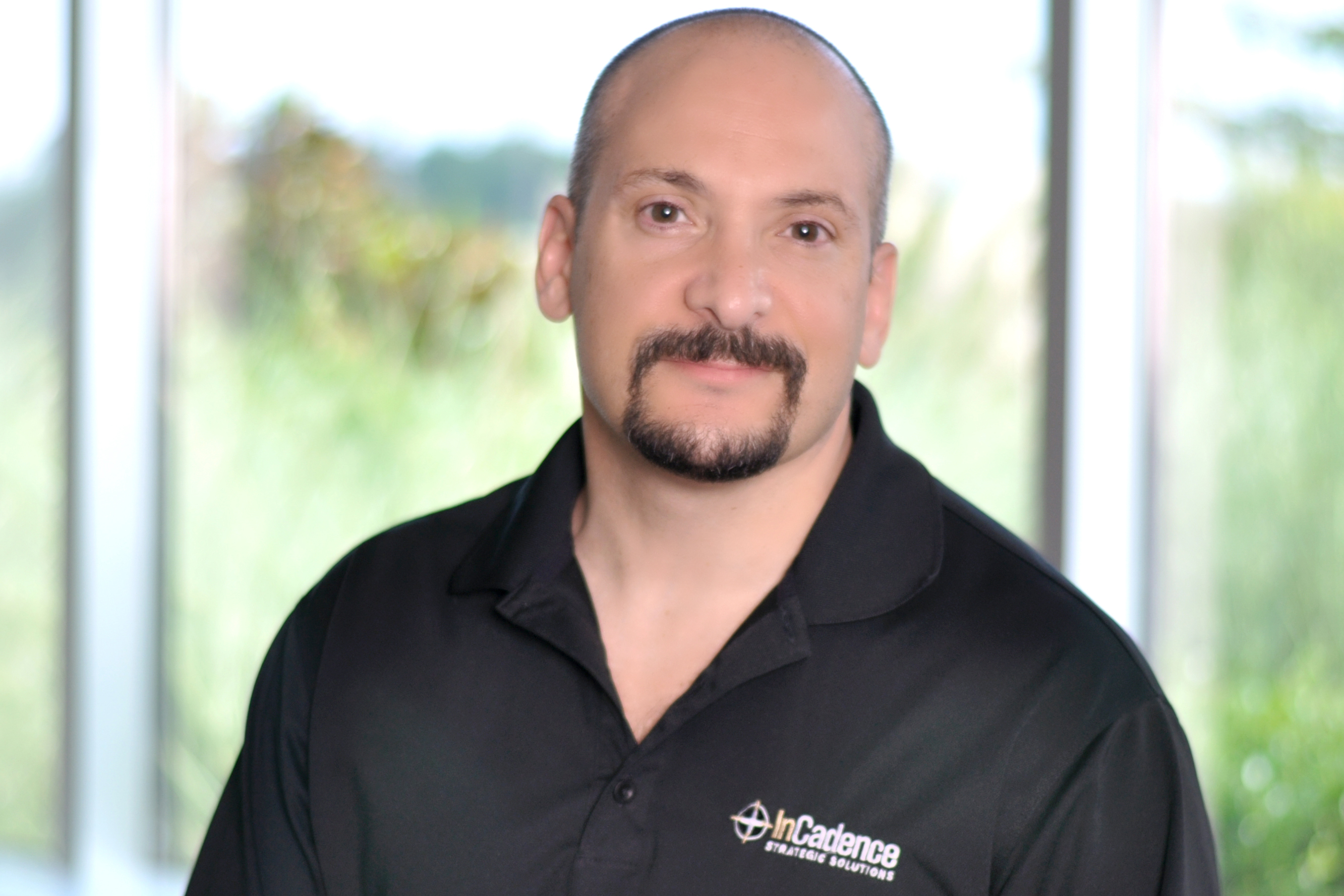Book Review:
Odd John
by Olaf Stapledon
On every level, this novel is a challenge to read. You are challenged by its protagonist who treats the narrator (who represents the common man) as inferior and sub-human. You are challenged by the book’s premises which are mere hazy glimpses into the mind of super-human beings. Lastly you are challenged to suspend belief about the technologies and powers of the super-human children. In the end, you will find the effort expended to accept these challenges well worth it. Let’s now examine each challenge in more detail.
From the very first page of the book, our species “Homo Sapiens” is looked down upon by John Wainright who is a member of a mutant species referred to by the narrator as “Homo Superior”. The narrator is referred to as a cat, a slave, a faithful hound, a fool, a “dear Thing”, “Fido”, “Sapient”, and in the end as one of us who is “domestic” and loved. This attitude of condescension, disgust and ridicule occupies most of the first half of the book until “Odd John” experiences enlightenment. While this makes finishing the book difficult (I admit to having wanted to put it aside a few times), it becomes critical to understanding Odd John’s character development throughout the story. John’s flaws, mistakes and weaknesses make him a tragic hero who we grow to care for much as the narrator does. In some ways, John’s treatment of homo-sapiens reminded me of Kubler-Ross’ five stages of dying – denial, anger, bargaining, depression and acceptance. After the acceptance stage, I would add “love” which John clearly expresses towards the narrator (us).
Odd John expresses a wide range of ideas and criticisms on numerous subjects. I will examine three of them here: psychiatry, religion and purpose. On psychiatry, although there is “a lot of real sound stuff in his trade”, the deep inner workings of the mind have not been revealed. However, instead of admitting this, the psychiatrist pretends to know all and thus compounds his folly. John continues this theme of homo-sapiens “over-reaching” in his dissection of religion. John believes that pure spirituality is sullied by church dogma. He says, “How splendid it might be if only they could keep from wanting their God to be human.” However, for me, the critical observations of John and other Homo Superiors (like Adlan) revolve around purpose. John learns both the purpose of his life and the more general purpose of life over time and only after both deep meditation in the wilderness (reminiscent of Jesus’ journey into the wilderness) and from the wise counsel from two elder “Homo-superiors”. He learns that purpose has an active component and a passive component. “The true purpose of the awakened spirit, they reminded me, is twofold, namely to help in the practical task of world-building, and to employ itself to the best of its capacity in intelligent worship.” Now let’s examine the technologies and powers these super-humans possessed.
The technologies in the story are byproducts of the innate powers of the super-humans. Odd John invents all manner of technological marvels to include practical inventions (like scissors, potato-peeler, and numerous other of our best known devices the author alludes to), a highly maneuverable boat and plane, a deflector capable of deceiving magnetic compasses, a laser and a psycho-physical form of cold fusion. The powers of these super-persons evolve over the course of the book in line with the growth and maturing of John himself. The super-normal abilities span the physical, mental and spiritual parts of being. Physically, though only children, they have the strength and agility to over-power and kill homo-sapiens at will. And they do kill several times in the book. Mentally, their intellect and emotions are advanced far beyond normal humans. They quickly master all of the branches of mathematics, sciences and economics in order to leverage that knowledge to control others and acquire wealth. After forming their own colony of super-humans, they develop and use telepathy to communicate. The most impressive powers of their species are the spiritual ones and only exhibited by the most advanced members of the colony. Their spiritual powers are the ability to read minds, manipulate thoughts, inhabit another’s consciousness and even visit past and future via psychic connections to individuals in those times. Watching the advancement and development of new powers in the homo-superiors keeps up the anticipation for “what’s next” right up to the end of the story.
So, although this can be a frustrating book to work through, by the end of the story you can’t help be impressed by the skillful blend of adventure, social commentary and character development into an odd, yet astonishing, tale. As you close the book, you may say with a wry smile, “odd, Odd John!”
 My Corner of the Web
My Corner of the Web